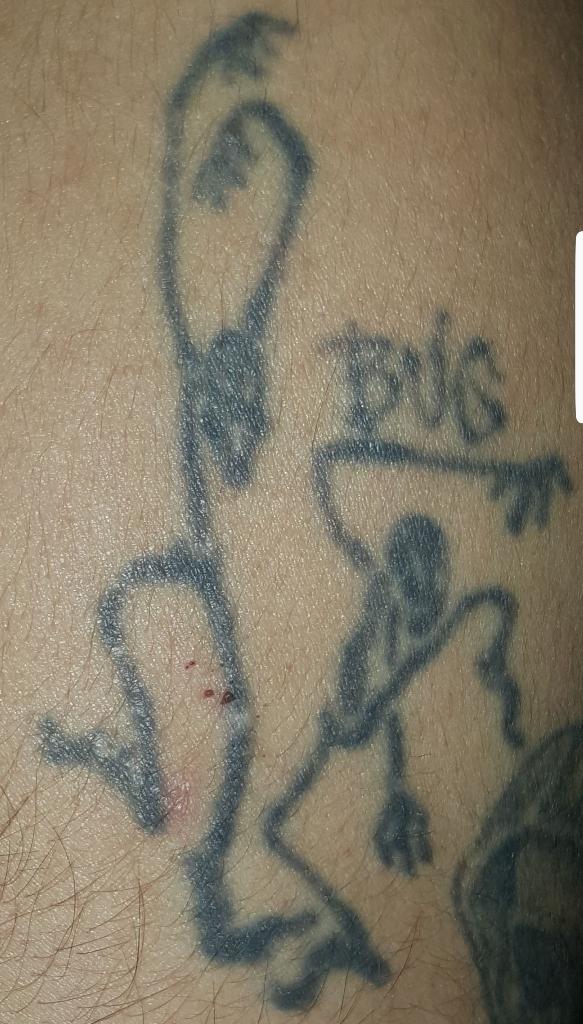Main Piece: Los Deditos
The following was an interview of a Participant/interviewee about a folk song, which is a bedtime song. She is marked as LT, and I am marked as DM.
LT: So the type of folklore I have is um yeah I’m just gonna say it “Este dedito fue al mercado/ Este dedito compró un huevito/ Este dedito lo cocinó/ Este dedito lo pelo/ Y este dedote se lo comió” so it kind of like uh it rhythms kind of if you sing it um multiple times I heard it first from my dad um he used to sing it to me when I was younger um and usually they sing it while they like they’re playing with your feet so uh the first “este dedito fue al mercado is with your pinky of your feet and then it moves on to the big thumb finishing with “este dedito se lo comio” because its big toe and it eats the egg and stuff um so and then my dad he tells me that he heard it from his mom so my grandma and um when he was back in Mexico when he was younger and my grandma used to do the same thing um to him and his sister as well so uh he would have that always that kinda like something that he heard in his childhood and he brought it up with me and my sister and yeah it was just me and my sister
Translation of the Song:
This little toe went to the market/ This little toe bought an egg/ This little toe cooked it/ This little toe peeled it/ And this big toe ate it
Background/Context:
The participant is eighteen years old. She is a Mexican student at the University of Southern California. She told me about how her family has been passing down the same bedtime song. This song is played
DM: Why do like having this piece of folklore tied to your family?
LT:Um I think it’s like really funny um something that you can like play with your own kids my dad did with me and it was something like bonding time I guess and it really makes up of who I am like it reminds me of my background, which is being Mexican um and it reminds me of the family that I have when my grandma was back in Mexico too
DM: Why is this piece of folklore so important to you?
LT: Um I mean it’s something that my parent cause I used to sing it after my dad would sing it to me I would sing it all the time after like it was something that they knew me for um and in fact last week my dad reminded me of it and he would just tell me like oh remember when you used to sing this one and he used to make fun of he would make fun of me like not make fun of me but he just reminded me of what I used to sing a lot um and its I remember it because of that because my dad sang it so many times that I used to sing it and I still sing it sometimes or just hum it sometimes and my dad would remember or remind me of it like oh yeah you used to sing that song
Analysis/ My Thoughts:
I have also heard this song, but I know a different version. I don’t remember the exact lyrics, but I know it was not the lyrics above. Hearing a different version of a childhood song I knew is a weird feeling because I thought it was something just within my family. It is just interesting to see someone else having the same traditions but different traditions than you. One gets so used to doing something a certain way that when they see it a different way it is an uncomfortable feeling.

